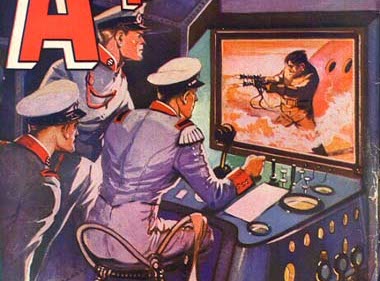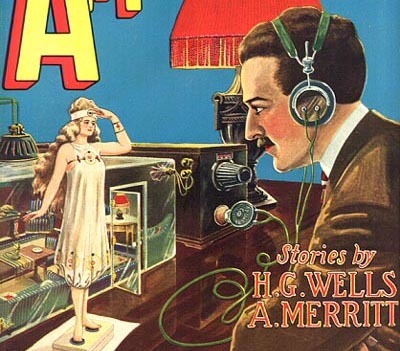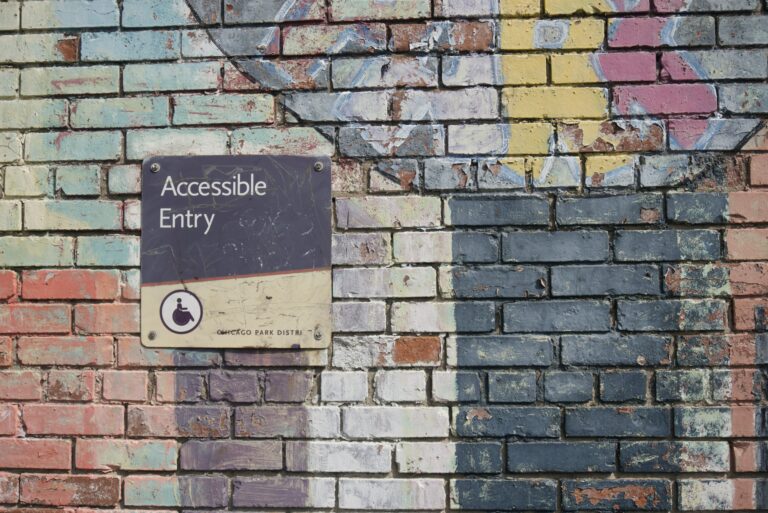And of course, Western chauvinism drips from the preceding paragraph: to be even at this stage of this unending trial is due to the accident of birth of vaccine privilege, which the richest countries in the world seem determined to horde like Gollum’s ring (and you know what happens to hobbitses who horde rings). But with the wealth of opportunity we have had to protect and care for ourselves and each other, it’s all the more disheartening to see how quickly the collective solidarity of the early pandemic days has fallen away. We’re heading “back to normal,” which I guess means “everyone for themselves” — because the normal we had before didn’t work for an awful lot of people. If there’s one thing this moment has made achingly clear, it’s that the ableism baked into how we do business in the post-secondary sector will take a lot more than a global pandemic to unseat. And that if we don’t use this moment to imagine something a damn sight better than normal, it’s hard to imagine that we ever will.
How depressing. Let’s dig in.



